Healing Poetry: How Irish Verses Nurture Mental Well-being
Introduction: The Gentle Power of Healing Poetry
Contents
- Introduction: The Gentle Power of Healing Poetry
- The Soul Language of Irish Healing Poetry
- Themes That Heal: Stillness, Nature, and Presence
- Healing Poetry and Mental Health: What Science Says
- Modern Irish Poets Carrying the Healing Torch
- Simple Ways to Use Healing Poetry in Daily Life
- Conclusion: Let Irish Healing Poetry Light Your Path
- FAQs
In a world where stress and uncertainty are often constant, the simple act of reading a poem can offer a lifeline. Healing poetry—especially from Ireland's rich literary tradition—serves as both mirror and balm. It reflects our inner emotions while gently soothing the soul. Rooted in deep emotional awareness, Irish poems invite readers to slow down, reflect, and reconnect with peace.
The Soul Language of Irish Healing Poetry
Irish poets, both ancient and modern, have long channeled emotion through words. Whether grappling with personal sorrow or national turmoil, their verses often carry a tender strength that encourages emotional release.
What sets Irish healing poetry apart is its lyrical cadence and emotional clarity. These aren’t just pretty words; they’re expressions of grief, resilience, and grace—often wrapped in the beauty of Ireland’s natural landscape. For many, this emotional resonance makes Irish poetry an invaluable source of healing.
Themes That Heal: Stillness, Nature, and Presence
Stillness in Nature
W.B. Yeats’ “The Lake Isle of Innisfree” is a quintessential example of healing poetry:
“And I shall have some peace there, for peace comes dropping slow…”
Yeats doesn’t just imagine escape—he imagines restoration. The poem is a meditative retreat for anyone seeking inner calm.
Presence and Mindfulness
Eavan Boland’s “This Moment” brings us into a soft evening scene, highlighting the beauty in the ordinary:
“This moment. A neighborhood. At dusk.”
This brief, tender poem is an ode to mindfulness, reminding us that peace is available in the present.
Compassionate Blessings
John O'Donohue’s poetic blessings are woven with spiritual grace. In “A Blessing for One Who is Exhausted,” he writes:
“May the clarity of light remind you of the grace of the unknown.”
It’s the kind of healing poetry that feels like a friend whispering comfort when we most need it.
Healing Poetry and Mental Health: What Science Says
Healing poetry isn’t just emotional—it’s neurological. Research shows that reading poetry:
- Activates regions of the brain involved in emotion regulation.
- Improves mood by helping process complex feelings.
- Provides a mindful pause in a world of constant stimulation.
Some therapists now include poetry in mental health treatment as a reflective or expressive tool. Irish poems—often meditative, rhythmic, and full of visual imagery—lend themselves beautifully to these practices.
Modern Irish Poets Carrying the Healing Torch
John O’Donohue
Fusing Celtic mysticism with spiritual insight, O'Donohue’s poetry is beloved for its warmth and wisdom. His works, including To Bless the Space Between Us, are a treasure trove of healing poetry.
Nuala Ní Dhomhnaill
Writing in Irish, her poems explore loss, memory, and cultural identity. They offer deep introspection and emotional complexity that resonates with readers seeking healing.
Michael Longley
Longley often reflects on reconciliation and the impact of conflict. His poem “Ceasefire,” rooted in classical mythology, is a deeply moving reflection on forgiveness and humanity.
These poets prove that healing poetry doesn’t shy away from pain—it embraces it with open arms and turns it into peace.
Simple Ways to Use Healing Poetry in Daily Life
Incorporating healing poetry into your mental wellness routine doesn’t have to be complicated. Try:
- Morning Reflection: Start your day by reading a calming verse aloud.
- Journaling with Poetry: Use lines as prompts to explore your emotions.
- Evening Wind-Down: Create a nighttime ritual of reading poetry before sleep.
- Poetry Meditation: Choose a short poem and repeat it silently while breathing deeply.
Conclusion: Let Irish Healing Poetry Light Your Path
At its heart, healing poetry offers us permission—to feel deeply, to grieve fully, and to hope bravely. Irish poets, with their reverence for nature, soul, and language, continue to create verses that comfort and uplift.
You don’t need to analyze every line. Let the words wash over you. Let them do their quiet work. Whether you’re navigating grief, stress, or a moment of reflection, Irish healing poetry is here—for comfort, for courage, and for calm.
FAQs
Q: What is healing poetry?
A: Healing poetry refers to verses that support emotional well-being by offering comfort, validation, and reflection. It can reduce stress and help with processing emotions.
Q: Can Irish poetry really help with mental health?
A: Yes. Many Irish poems emphasize peace, presence, and emotional clarity—core elements that align with mindfulness and therapeutic healing.
Q: How can I start using healing poetry in daily life?
A: Start small: read one poem a day, use it in journaling, or recite it during meditation. Let the words guide your emotional journey.
Q: Who are some Irish poets known for healing poetry?
A: John O’Donohue, Eavan Boland, Michael Longley, and Nuala Ní Dhomhnaill are highly regarded for their spiritually nourishing work.
Q: Are there benefits to reading poetry aloud?
A: Yes. Reading poetry aloud can calm the nervous system, enhance mindfulness, and help internalize the poem’s rhythm and message.
